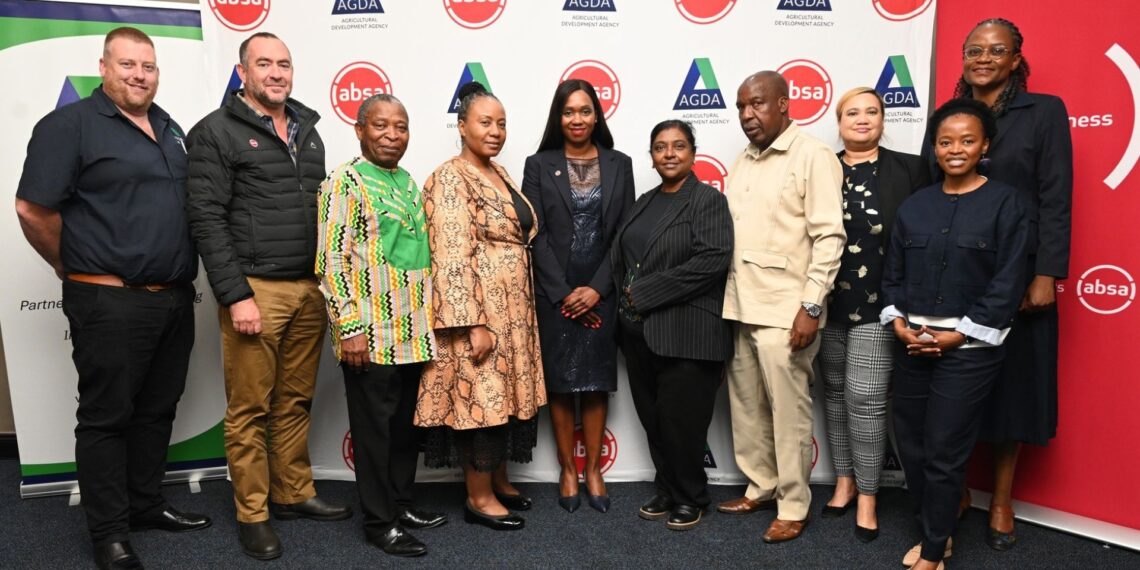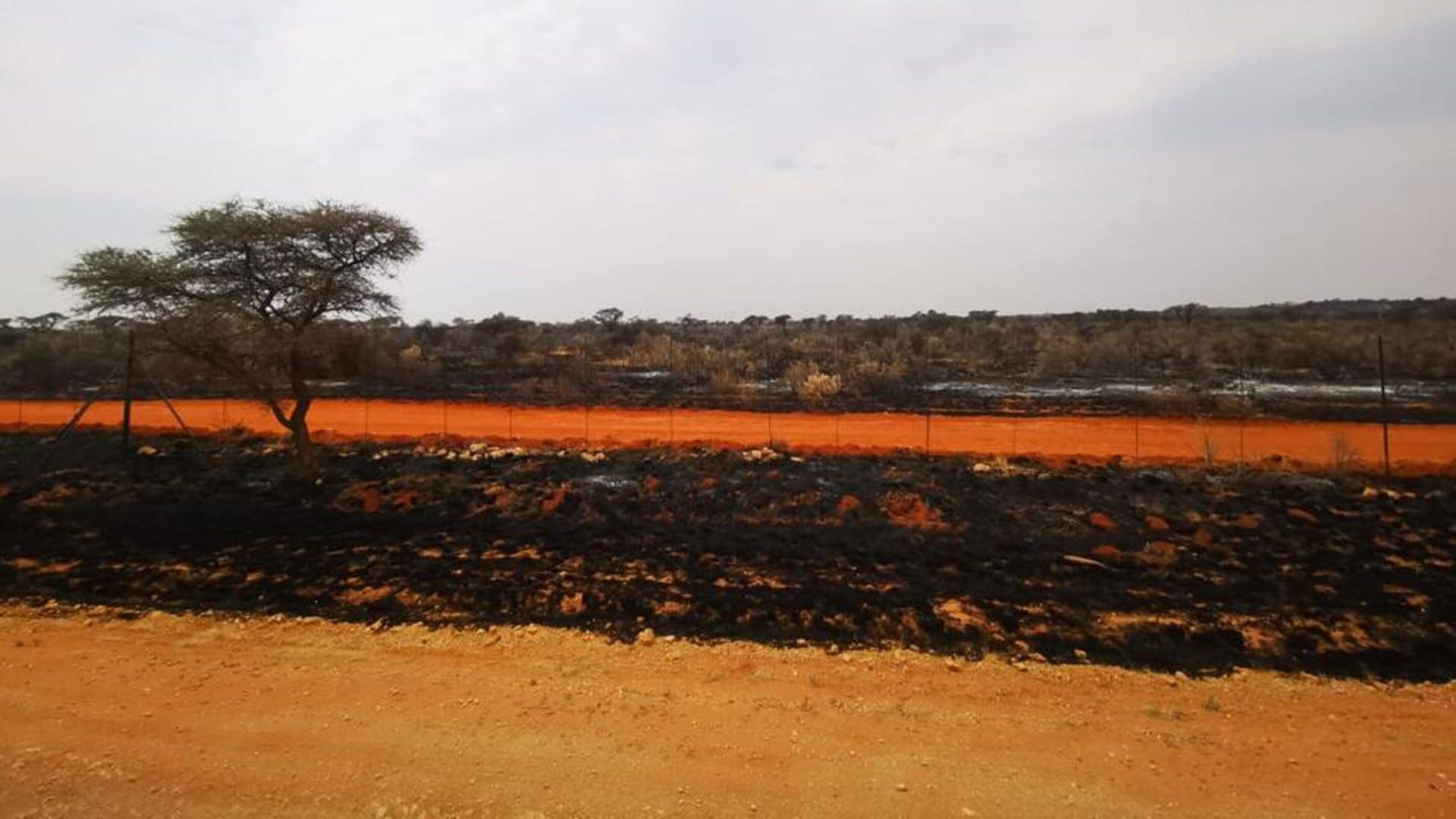A collaboration between Absa and the Agricultural Development Agency (Agda) convened a high-level stakeholder dialogue to address one of South Africa’s most pressing agricultural challenges: financial inclusion.
The roundtable brought together key stakeholders, policymakers, and financial leaders to explore scalable solutions that align policy intent with commercial financing realities.
The chief executive officer of Agda, Leona Archary, said the dialogue aimed to move the conversation beyond identifying barriers towards implementing tangible solutions.
“While the sector has significant potential for growth, the financing landscape is often fragmented. Many programmes operate in silos, and there is limited coordination between policy objectives and commercial financing realities.
“We need to align with public and private funding streams, and develop mechanisms that make agricultural finance more inclusive, innovative, and responsive to the realities of farmers on the ground,” Archary said.
Commitment to agricultural growth
Sanah Gumede, managing executive for strategy and customer value management at Absa Business Banking, reaffirmed the bank’s long-standing support for the agricultural industry.
“Agriculture remains a critical part of our economy, contributing to food security, job creation, and development,” she said.
Gumede noted that while innovation and initiative abound in the sector, many emerging agripreneurs struggle to access growth finance when scaling. “This is not due to a lack of potential, but reflects the need for better alignment, financial readiness, and long-term support.
“The task demands cooperation between banks, development finance institutions, government, private sector, large agribusinesses, and smallholder farmers. Building trust between policymakers and practitioners is essential,” Gumede said.
Related stories
- Rethinking farm funding: MEC calls for smarter financing models
- Agda celebrates five years of agricultural transformation
- Four steps to formalise your farm and unlock finance
- How to bridge the ‘missing middle’ in agri-finance
Bridging financing gaps for emerging farmers
Dr Langelihle Simela, business development manager at Absa Business Banking, highlighted the persistent financing challenges faced by developing farmers, particularly around governance and financial readiness.
“Without appropriate financial statements or a track record of their activities, it’s challenging to present a credible case for financing,” Simela said.
She outlined a structured growth pathway to support emerging farmers beginning with grants, progressing to development fund venture capital, and later, commercial lending supported by guarantee funds.
Former director-general of agriculture and policy advisor, Masiphula Mbongwa, urged stakeholders to tap into institutional investors as a new source of agricultural funding. He stressed the need for a structured approach to ensure such capital is deployed effectively within the sector.
Adding to this, Elder Mtshiza, programme manager at the department of agriculture, reflected on the blended finance model currently in place. She acknowledged both its achievements and the financial limitations affecting its broader implementation.
“Have we made progress? Yes, we have, though it has been limited by available funding. We’ve reached agreements with various banks, but couldn’t finalise them due to insufficient funds, especially given the country’s current financial constraints. Still, everyone recognises that blended finance works,” Mtshiza said.
Althea Discala, CEO of Discala Holdings, echoed the call for a more enabling ecosystem. She identified limited collaboration and stringent lending requirements as major barriers for new entrants.
“Greenfield farms or start-up operations have to wait years for profitability, require working capital and support in these years in order to scale.
“There needs to be less stringent requirements from the banks. How do we collaborate? So, you need to have an ecosystem, and each part of the value chain needs to be funded separately,” Discala said.
READ NEXT: Mastering poultry feed: Tips to maximise efficiency

















